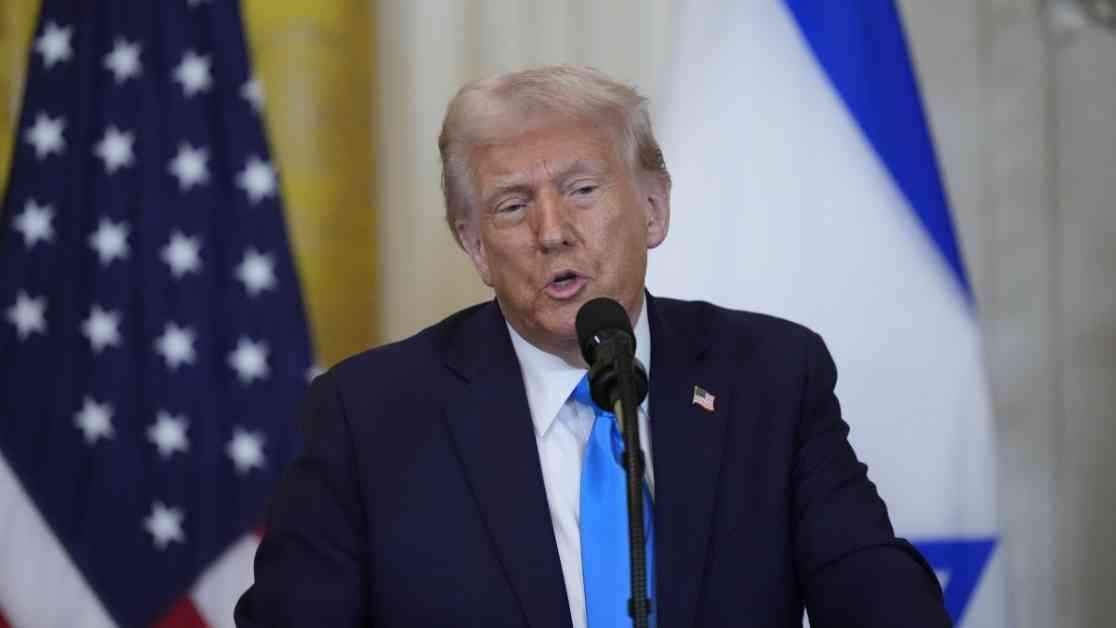President Donald Trump is set to sign an executive order on Wednesday that will impact transgender female athletes’ participation in women’s sports. This move, expected to be formalized at an afternoon ceremony, represents a significant shift in the federal government’s approach to transgender rights under the current administration.
Trump’s latest directive follows a broader executive order issued in the early days of his second term, which called for a binary definition of sex—male or female—in all official documentation and policies, including federal prison assignments. This order is part of a larger effort by the president to address what he perceives as an overreach in transgender rights within government and society.
During his election campaign, Trump capitalized on the sentiment that transgender individuals should be excluded from women’s sports, a stance that resonated with a majority of voters surveyed by AP VoteCast. Despite scant details on his campaign promises, Trump’s commitment to addressing what he termed “transgender insanity” garnered support across party lines.
The forthcoming executive order, timed to coincide with National Girls and Women in Sports Day, will specifically impact the interpretation of Title IX—a landmark law aimed at promoting gender equity in athletics and preventing sexual harassment in educational settings. Republican U.S. Rep. Nancy Mace from South Carolina lauded the order as a means to restore fairness, uphold the original intent of Title IX, and protect the rights of female athletes who have dedicated their lives to competing at the highest levels.
Interpreting Title IX
Each presidential administration has the authority to shape its interpretation of crucial legislation like Title IX, leading to a back-and-forth dynamic in policy implementation. Former Education Secretary Betsy DeVos, under Trump’s first term, issued a policy in 2020 that narrowed the definition of sexual harassment and limited colleges’ obligations to investigate reports. Conversely, the Biden administration reversed this policy in 2021 to safeguard LGBTQ+ students’ rights under federal law and provide enhanced protections for campus assault victims, albeit without explicit provisions for transgender athletes.
Legal experts like Doriane Lambelet Coleman from Duke Law School suggest that Trump’s approach may center on a traditional reading of existing regulations, potentially impacting the rights of transgender athletes. Despite the limited data available on the exact number of transgender athletes affected by such policies, states like Utah have enacted bans without concrete instances of transgender participation creating issues.
Challenges and Controversies
Critics, including Cheryl Cooky, a professor at Purdue University specializing in gender, sports, media, and culture, argue that policies targeting transgender athletes are often solutions in search of problems. Instances like Lia Thomas competing in swimming for the University of Pennsylvania or controversies surrounding the San Jose State volleyball team’s recent season draw widespread attention, despite the relatively small population of transgender athletes in question.
While the impact of Trump’s executive order on transgender athletes remains uncertain, it underscores ongoing debates about inclusion, fairness, and the intersection of gender identity and sports. As policymakers, advocates, and athletes grapple with the implications of such directives, the broader conversation surrounding transgender rights in sports continues to evolve, shaping the landscape of competitive athletics for years to come.


